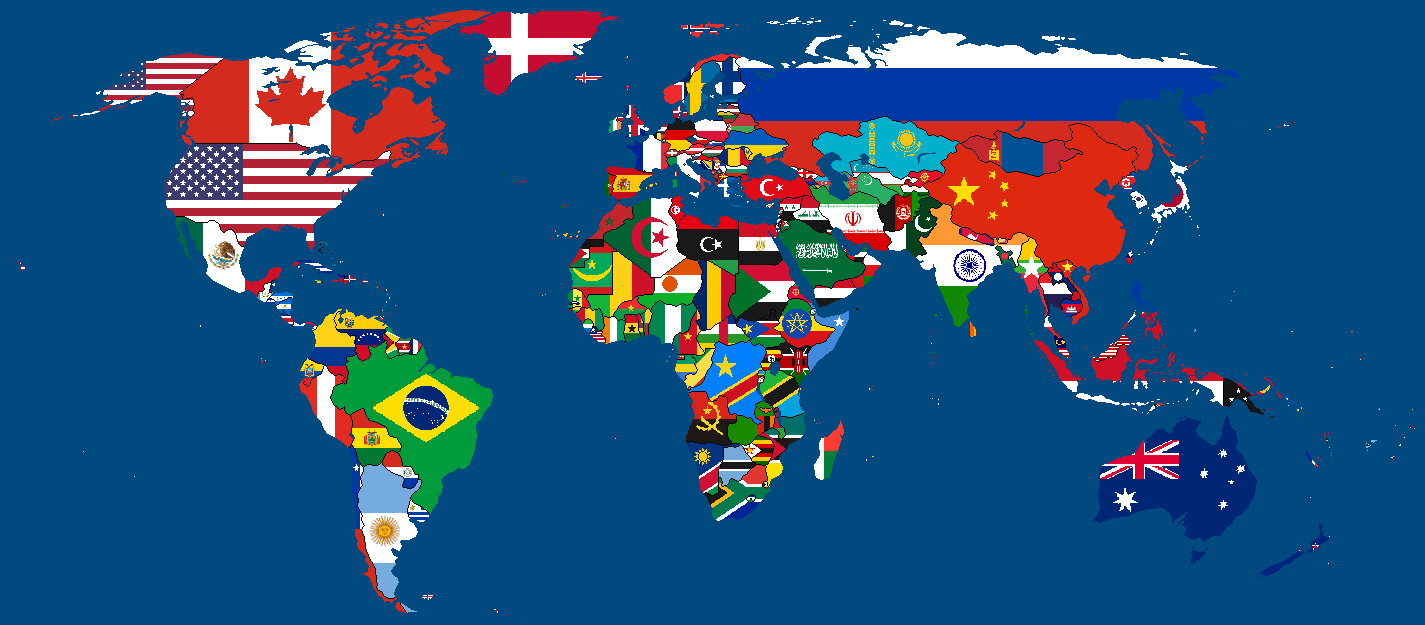
Colorado State University secured its spot among 11 Carnegie Corporation grant winners, and will receive $450,000 in funding to track the ways that foreign and national security policies affect local communities across the nation. Starting in January 2022, the research team will lead the project to produce a map of the distributive implications of U.S. foreign policy – a map that will allow communities to better understand their relationship to America’s role in the world.

Professors Peter Harris, Allison White, Youngsung Kim and program director Sam Houghteling are on the team that will lead this two-year project. Residing with CSU’s political science department and public policy and administration program, the team includes people who study both foreign policy and local government, with combined training across international relations, American politics, comparative politics, environmental politics and public policy and administration. As they began the application process, each member pulled from their unique academic and professional backgrounds to curate a novel research project.
“All of us share a commitment to democratizing debates over public policy,” said Allison White, emphasizing the underlying theme and passion fueling this effort.
A research project of this nature and magnitude, that focuses directly on the experience of local communities in relation to foreign and national security policy, has yet to be explored, according to the team. This lack of scholarship has resulted in a general disconnect for citizens in understanding the connection between local and national/international affairs, a problem that they seek to address.
“Most ordinary people have little knowledge of how their lives and communities are shaped by things like defense spending, military recruitment policies, basing policies, foreign economic policy, U.S. participation in (and leadership of) multilateral organizations, the provision of veterans’ benefits and so forth,” Peter Harris said. “This problem is especially acute for historically marginalized groups, such as women and racial and ethnic minorities.”
Through their research, the team hopes to empower local communities and eliminate historical barriers to foreign policy information and access.
The grant period will conclude in December 2023, giving the team two years to complete their goals:
- “catalogue the ways in which local communities across the United States are affected positively and negatively by existing foreign and national security policies;
- provide counterfactual analyses of how communities might fare better or worse from adjusted approaches, including (but not limited to) a more restrained and circumscribed foreign policy; and
- disseminate our findings to journalists, think tankers, local government officials, community organizers, and other relevant stakeholders and opinion-leaders.”
Over the course of the grant period, the team plans to have a number of tangible outcomes to their research, including an online portal that will show the diverse range of data collected.
“The portal will provide all relevant data on defense-related spending, military recruitment, basing policies, trade and investment patterns and so forth,” Harris said. “As well as counterfactual analyses of how communities might benefit from reconfigured foreign and national security policies.”
The team also expects to create case studies of individual locales, op-eds and policy pieces that showcase foreign policy’s connection to local-level concerns. Lastly, the team will hold a series of workshops bringing together think-tank professionals and state/local government stakeholders to provide training on how local-level conditions are influenced by foreign policy priorities.
To accomplish this, the team will work with graduate research assistants from the Department of Political Science and the newly developed master’s program in public policy and administration, so they can fulfill Carnegie Corp.’s funding mission to “foster new ideas and practical solutions around the issues of multilateralism and the connections between domestic and foreign policies in the United States.”
 Carnegie Corporation of New York awarded over $3.6 million in grants this summer to universities and organizations across the country to support studies of global health, counterterrorism, immigration, climate change, federal spending, and government accountability.
Carnegie Corporation of New York awarded over $3.6 million in grants this summer to universities and organizations across the country to support studies of global health, counterterrorism, immigration, climate change, federal spending, and government accountability.